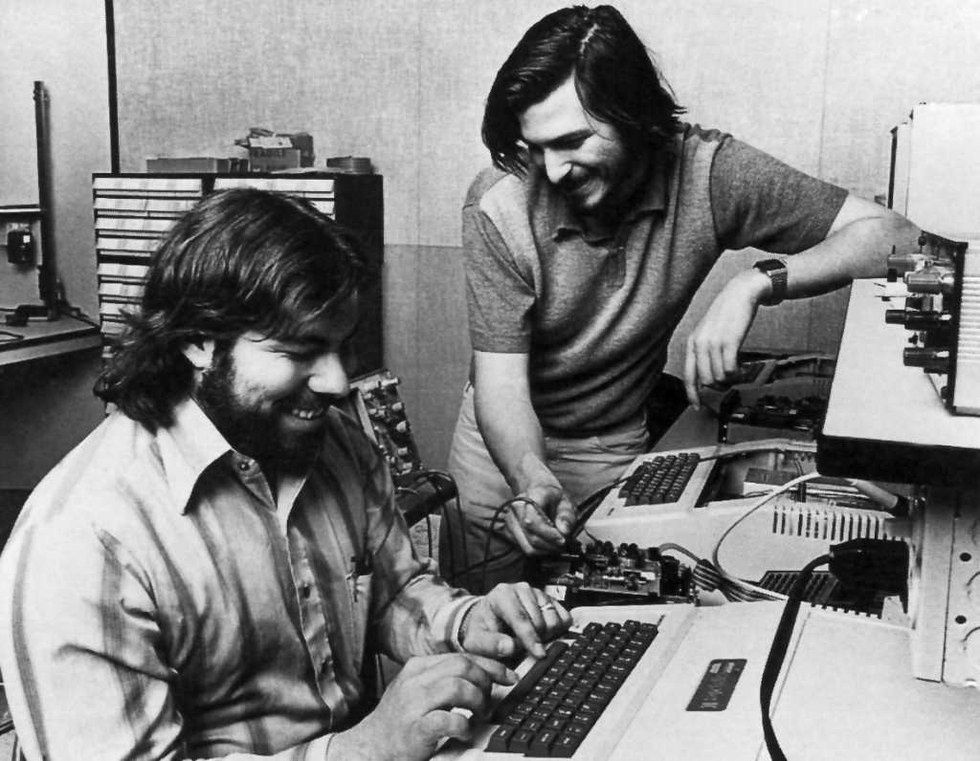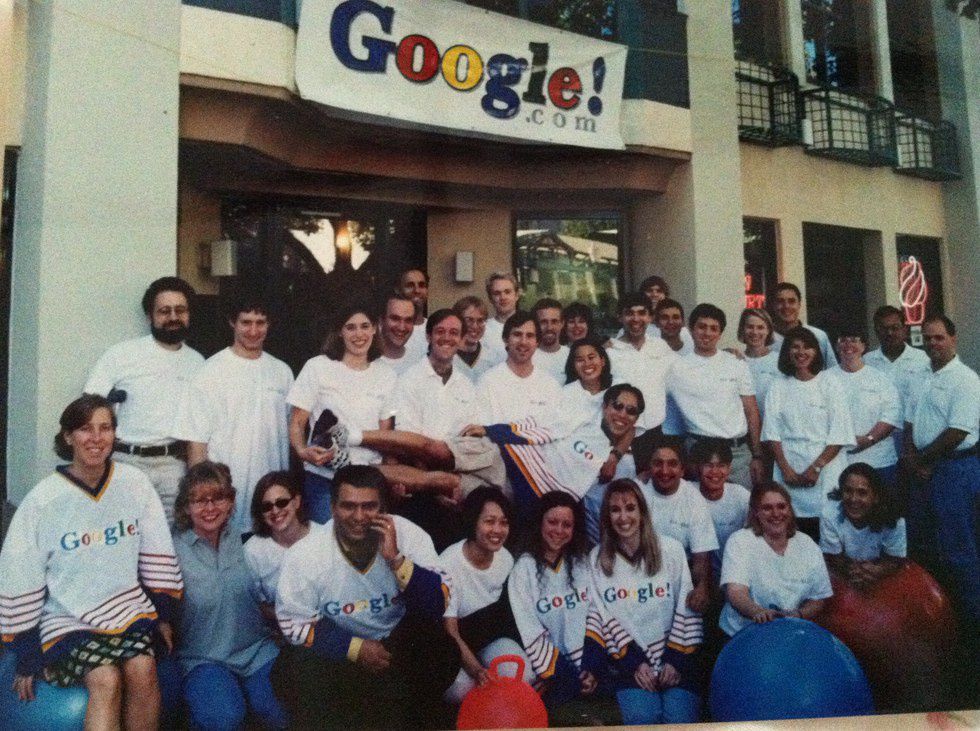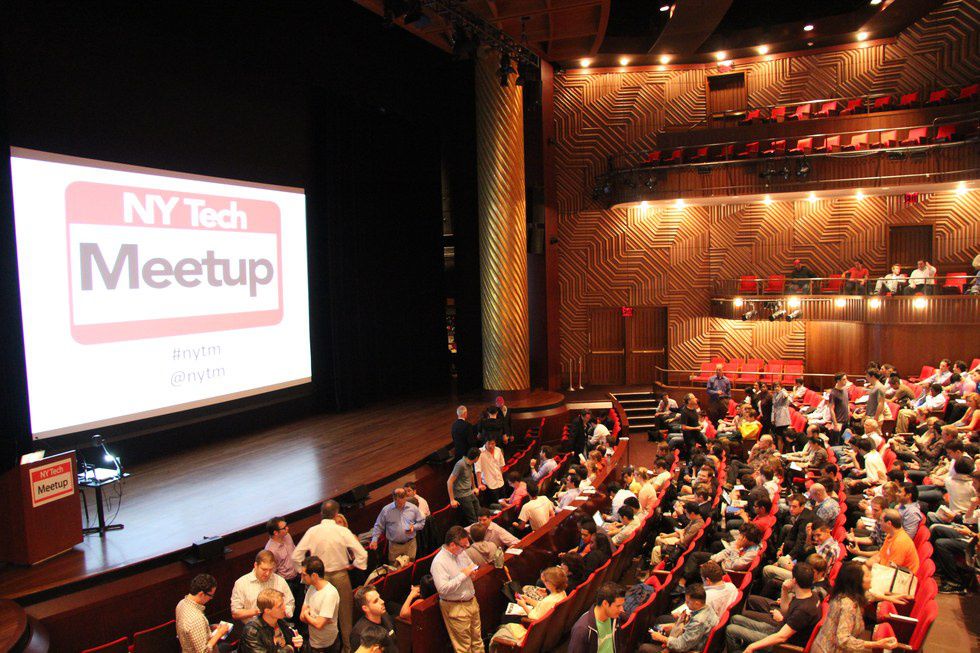The creation of Fairchild Semiconductor is considered the genesis of the startup culture which is now ingrained in general and popular culture. Back in 1957, several workers, the “Traitorous Eight”, of the then-cutting edge Silicon Valley technology pioneer, Shockley Semiconductor, grew increasingly disgruntled with the work they were pursuing under their boss, William Shockley. The group of bright, young minds felt subjugated in a work environment which they considered unfit for creativity and innovation. As a result, the young men parted ways with Shockley and ventured off to create their own company, where their work and passions had no limitations, as they now held the power. Insured by steady investments by capitalists who recognized their brilliance, the Fairchild founders set forth to become not only the technological standard-bearers in Silicon Valley, but also set the precedent for the creation of all startups, and opened the eyes of investors to an alternative to holding safe, reliable assets in established corporations.
From that time in 1957 to now, nearly 60 years later, the story of the Traitorous Eight has become the paradigm for the creation of startups in Silicon Valley, New York City, and many other bastions of technology and innovation around the world. The initial feelings of a yearn to be free from the shackles of corporate culture and bureaucracy, as well as a hope for freedom to express creativity in their own way, has inspired men and women to come together and work on their own startups, develop innovative ideas, and nurture strong professional relationships. Even though people initially held the perspective of startups being scruffy, negligent organizations, with the barefooted, smelly founder of the now-well-established Apple Computer being seen as a “renegade from the human race”, startups quickly shook off this image with every successful product and innovation their collectively brilliant minds churned out. The technological giants such as IBM and Xerox finally began taking these successful upstarts seriously.
Today, past and present startups comprise the most successful, innovative, and valuable companies in the world. Ideas such as Facebook and Google, developed in the likes of dorm rooms, have become billion-dollar giants of industry. These companies have leapt to the top from sheer willpower, creativity, and vision. Startups are now known for developing emerging technologies and being at the forefront of future innovations. The products of tomorrow are increasingly being developed in apartment rooms and garages rather than the R&D labs of large corporations.
The idea for the next billion dollar startup may be hatched in your residence hall and you have the ability to be right at the heart of it. By simply going out and diving into the tech scene which may be emerging around you, you have the ability to forge relationships with your possible co-founders, free to discuss your wildest fantasies and ideas for changes in the future. By going to events such as New York Tech Meetup or Coalition for Queens, two tech and startup-focused monthly events, you are exposed to thousands of like-minded individuals who share a yearn for developing technologies which range from revolutionary products which will change people's’ lives for the better, to something as simple as the next addictive iPhone game. All you need to do is interact with the infectious tech community developing around you and take an active, honest role in helping to shape the future. Talk to startup founders, apply for a job or internship at a startup, do anything even vaguely startup-related, and you’re sure to gain at least a little insight and inspiration into the potential for innovation which thrives in companies like these.
If you want to play a role in the next generation of technology and culture and if you want to make a difference: please join a startup. Even if you don’t think the startup life is for you after your time there, you’re sure to gain valuable experience and insight into how companies work and grow, as well as parts of the precious formula which builds the unicorns (and decacorns- startups valued at $10 billion or more) of tomorrow.
























